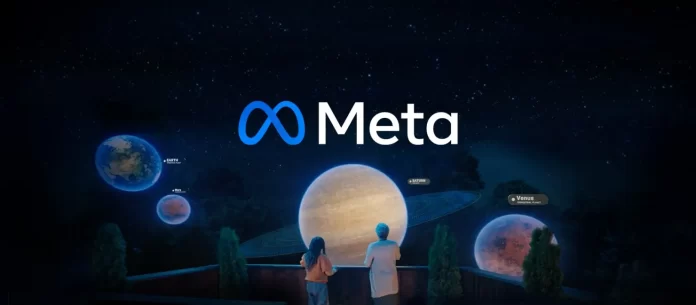
Meta has announced that it has built the first open source single artificial intelligence (AI) machine that can translate across 200 different languages, including 55 African languages with state-of-the-art results.
The company said it is using the modelling techniques and learnings from project ‘No Language Left Behind’ NLLB-200, to improve and extend translations on Facebook, Instagram, and Wikipedia.
The company said in an effort to develop high-quality machine translation capabilities for most of the world’s low-resource languages, this single AI model was designed with a focus on African languages. They are challenging from a machine translation perspective.
CEO Mark Zuckerberg in a Facebook post said that they worked with professional translators for each of these languages to develop a reliable benchmark which can automatically assess translation quality for many low-resource languages.
“To give a sense of the scale, the 200-language model has over 50 billion parameters, and we trained it using our new Research SuperCluster, which is one of the world’s fastest AI supercomputers. The advances here will enable more than 25 billion translations every day across our apps.
“Communicating across languages is one superpower that AI provides, but as we keep advancing our AI work it’s improving everything we do — from showing the most interesting content on Facebook and Instagram, to recommending more relevant ads, to keeping our services safe for everyone, “ he added.
AI models require lots and lots of data to help them learn, and there’s not a lot of human translated training data for these languages. For example, there’s more than 20 million people who speak and write in Luganda but examples of this written language are extremely difficult to find on the internet.
Meta’s director, Public Policy for Africa, Balkissa Ide Siddo said, “In the future, imagine visiting your favorite Facebook group, coming across a post in Igbo or Luganda, and being able to understand it in your own language with just a click of a button – that’s where we hope research like this leads us.
“Highly accurate translations in more languages could also help to spot harmful content and misinformation, protect election integrity, and curb instances of online sexual exploitation and human trafficking.
“At Meta, we are working today to ensure that as many people as possible will be able to access the new educational, social and economic opportunities that the next evolution of the internet will bring to future technology and an everyday living experience tomorrow,” Siddo added.




